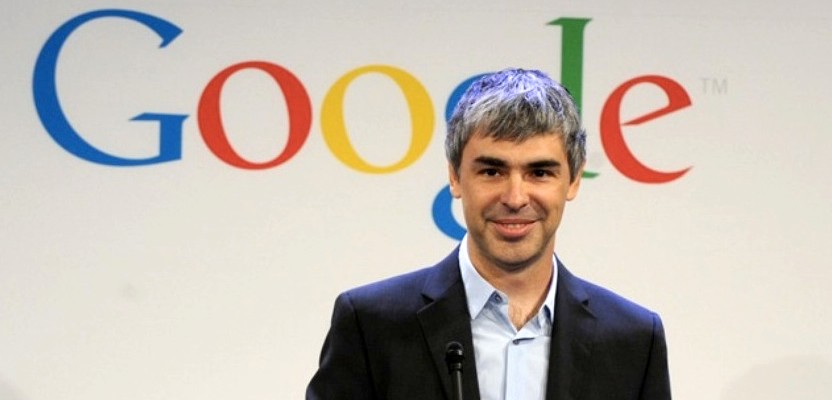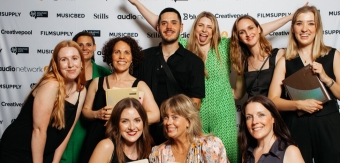There was a sticky period in the evolution of the World Wide Web. This was the time when developers and advertisers seized on pop-up technology, but before any ad-blocker software was available to mitigate it. If memory serves, it lasted about a year and it was right royal pain. Even visiting the most innocuous site could trigger a blaze of unattractive windows opening, offering myriad unwanted products and services. A drug called 'Soft Cialis' was usually in there somewhere.
So, when various tools were launched to stop all the nonsense, they were greeted with some relief. As online advertising has progressed, going beyond banners, buttons and pop-ups, to embrace such wonders as behavioural tracking and contextual marketing, so have the blocking systems. This has resulted in something of a battle breaking out. The companies making the really big bucks from the internet are doing so principally through advertising revenue. Which means any kit which restricts the advertisers access to the online user, is a barrier to profit. In short, the owners of ad-driven platforms don't like ad-blockers one little bit.
"Page's response was very telling."
When discussing internet advertising, we're almost always discussing Google - and this is no exception. At a recent shareholder meeting, Google's founder and chief executive Larry Page was challenged on the issue of ad-blockers. Understandably, those seeking a healthy return on their Google shares were concerned there is now a plethora of plug-ins and systems (usually free of charge) which not only disable pop-ups, but crush all on-page ads appearing in a browser. Page's response was very telling. He said, "The industry needs to do better at producing ads that are less annoying." In other words, if online ads weren't so terrible, then users wouldn't be so keen to block them. The opinion may have come from an unexpected source, but Larry was dead right.
"As the ads rotate, it's noticeable how poor they are."
As I type this piece into Word, I also have Skype's message service open. In a column on the right, Skype shows me advertising. I don't object to this; after all, Skype is a pretty handy and powerful service and it's free to download and use. A bit of advertising is a small price to pay. However, as the ads rotate (there's a new one every ten seconds or so), it's noticeable how poor they are. Even spots for big brands, like cars or phones, look quite underwhelming - little better than a compressed version of a small print ad. Right now, I can see a home decor firm hoping to lure me to their site, but all they've included is a picture of a duvet cover, a logo and a 'shop now' button. Okay, not massively annoying, but certainly nowhere near enticing enough to persuade me to click through. Indeed, I'm sure I've never clicked on one of these panels, whatever their offer.
This isn't an isolated problem with Skype, of course - it's just a symptom of a wider lack of imagination across the web. Simply placing an ad online isn't sufficient to make it effective. Actually, it could be argued there is no more competitive advertising arena than the digital space. Even if pop-ups are no longer causing irritation, advertisers certainly shouldn't be annoying their audience. And if Larry Page has spotted a problem, you can be sure it's real. It seems, in our excitement over the possibilities of the ever-expanding digital universe, we've forgotten to make the ads exciting.
Magnus Shaw is a blogger and copywriter.






